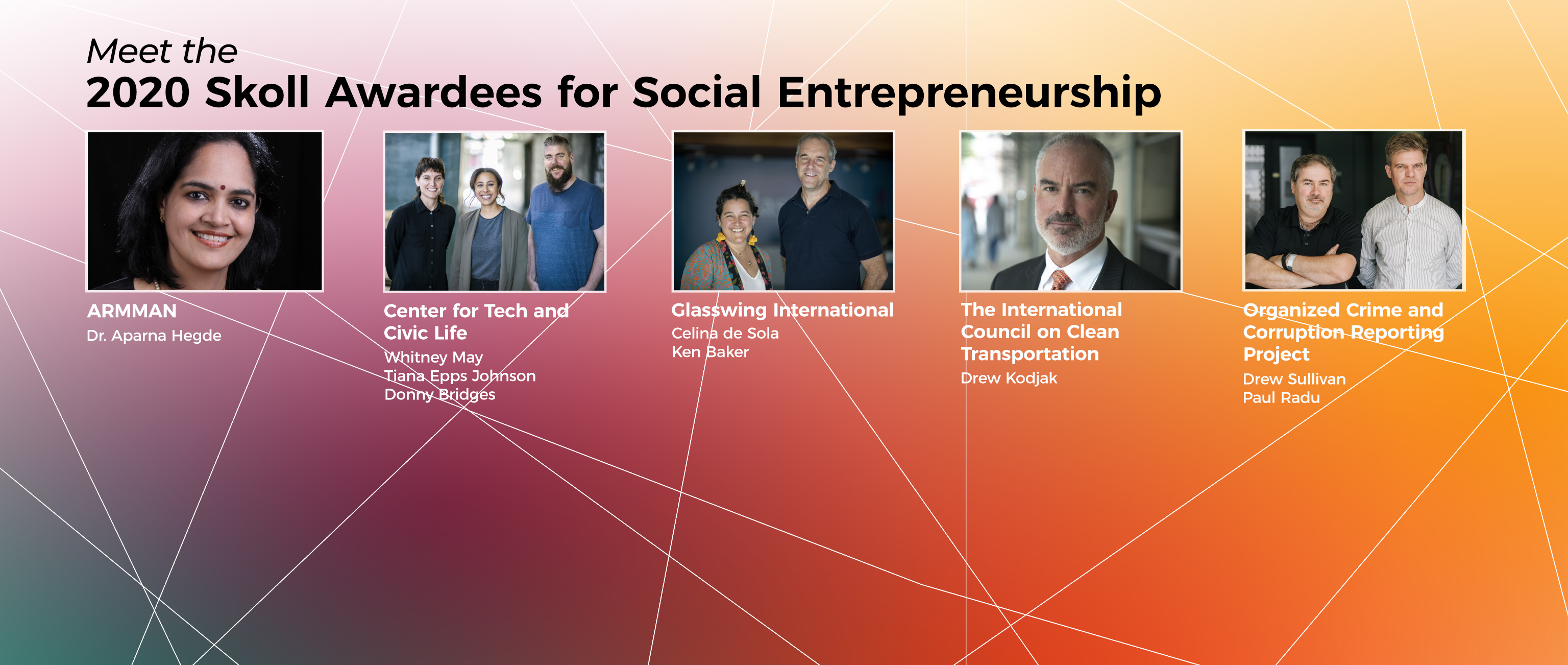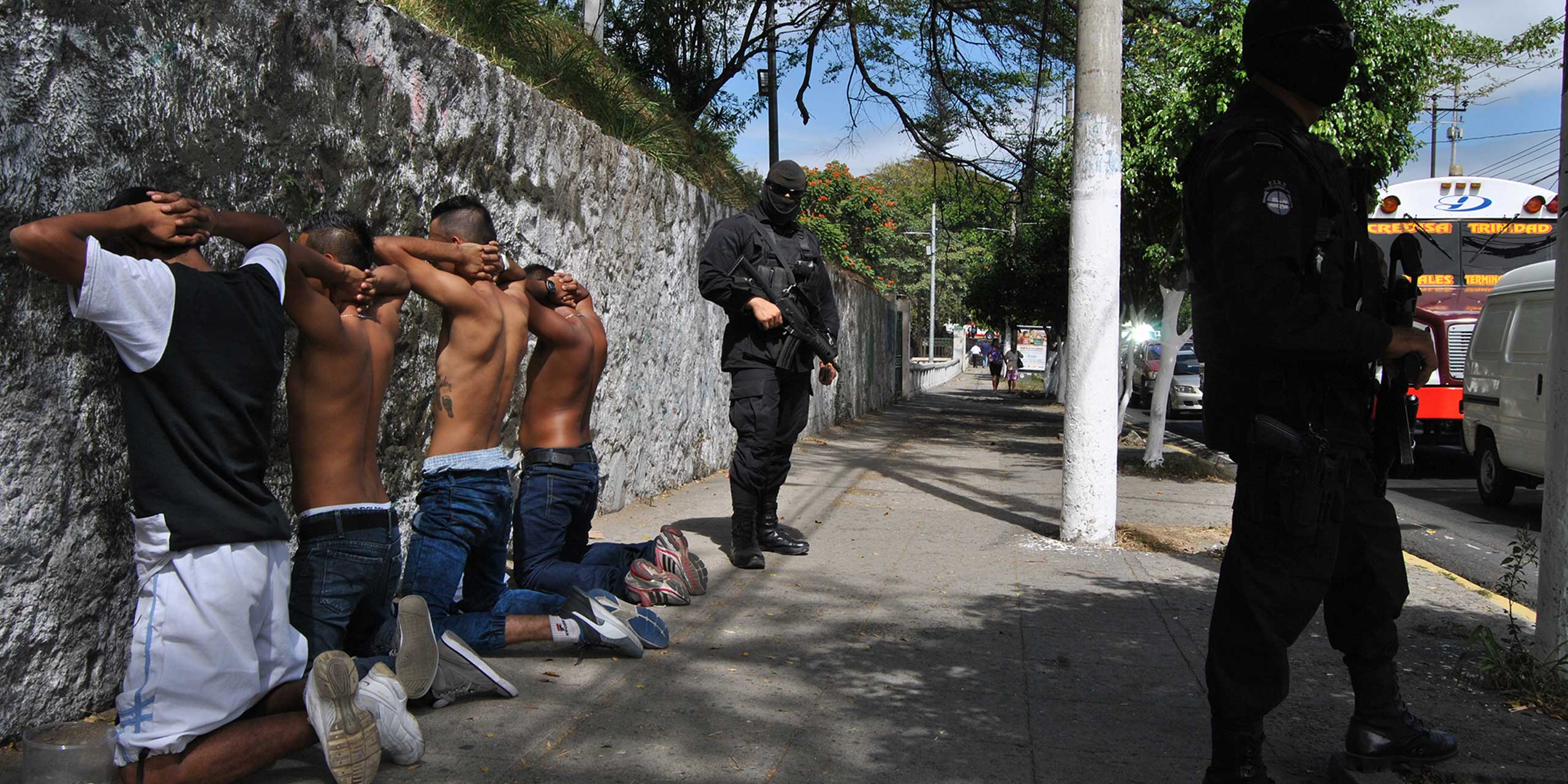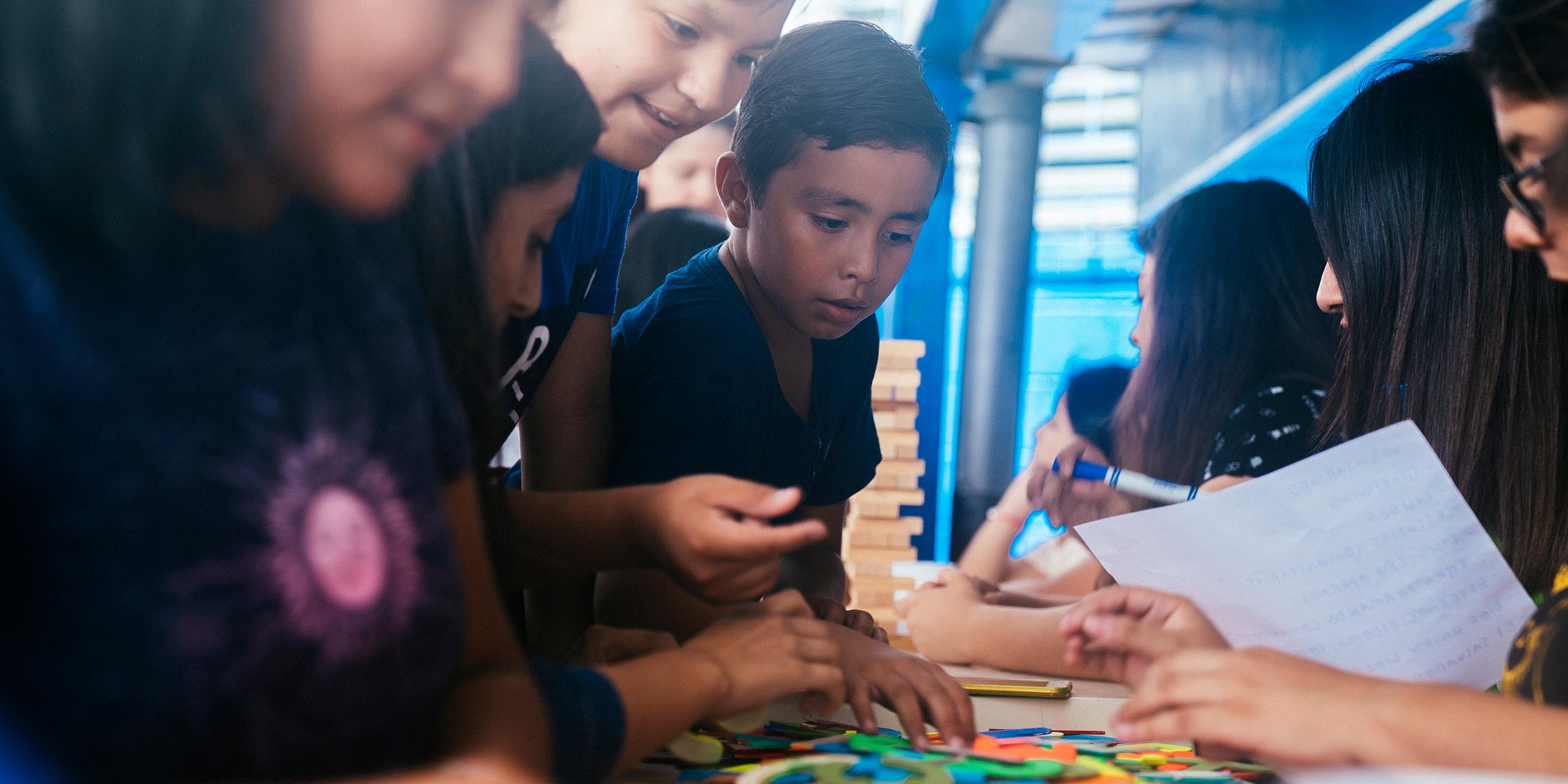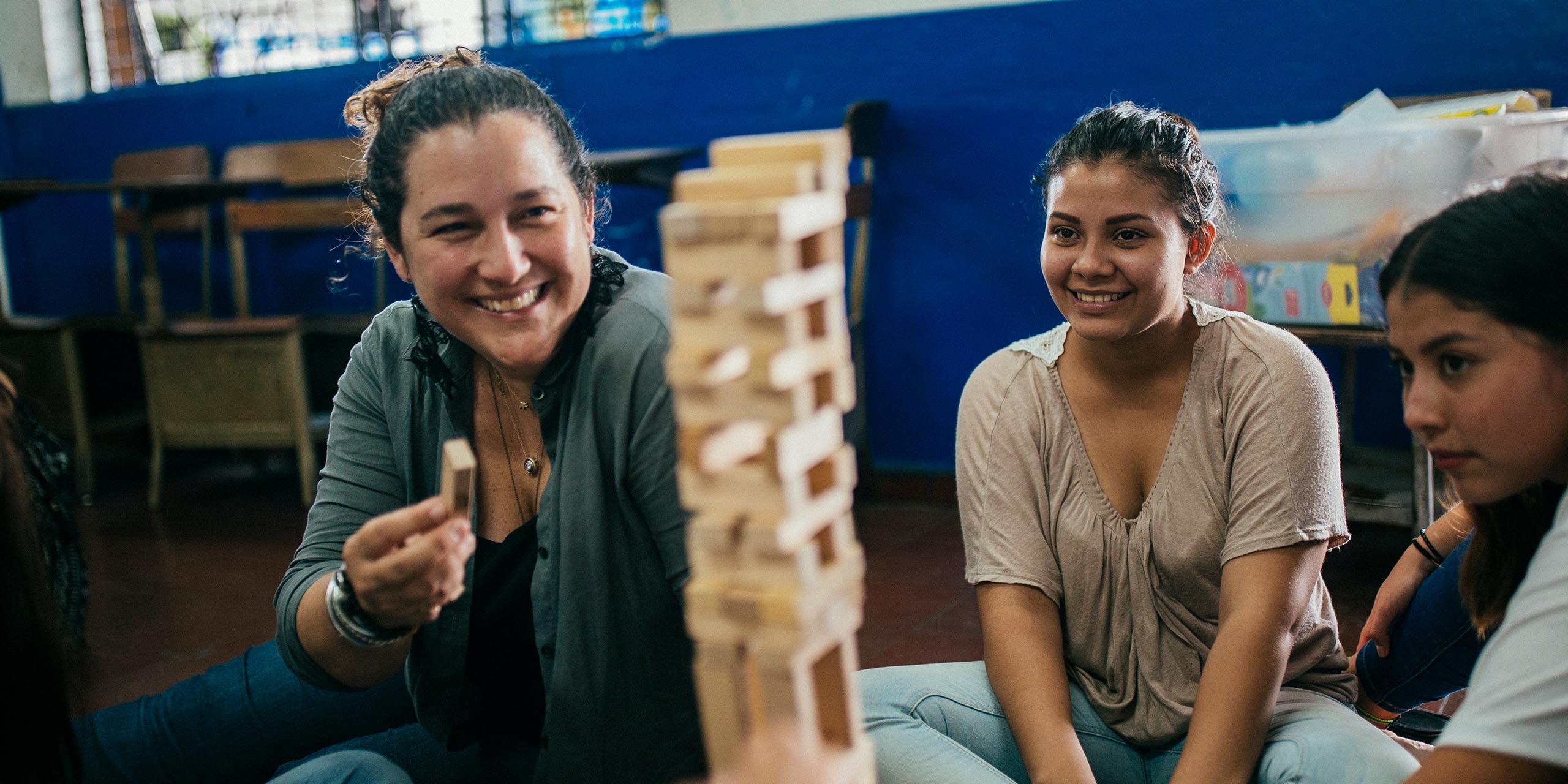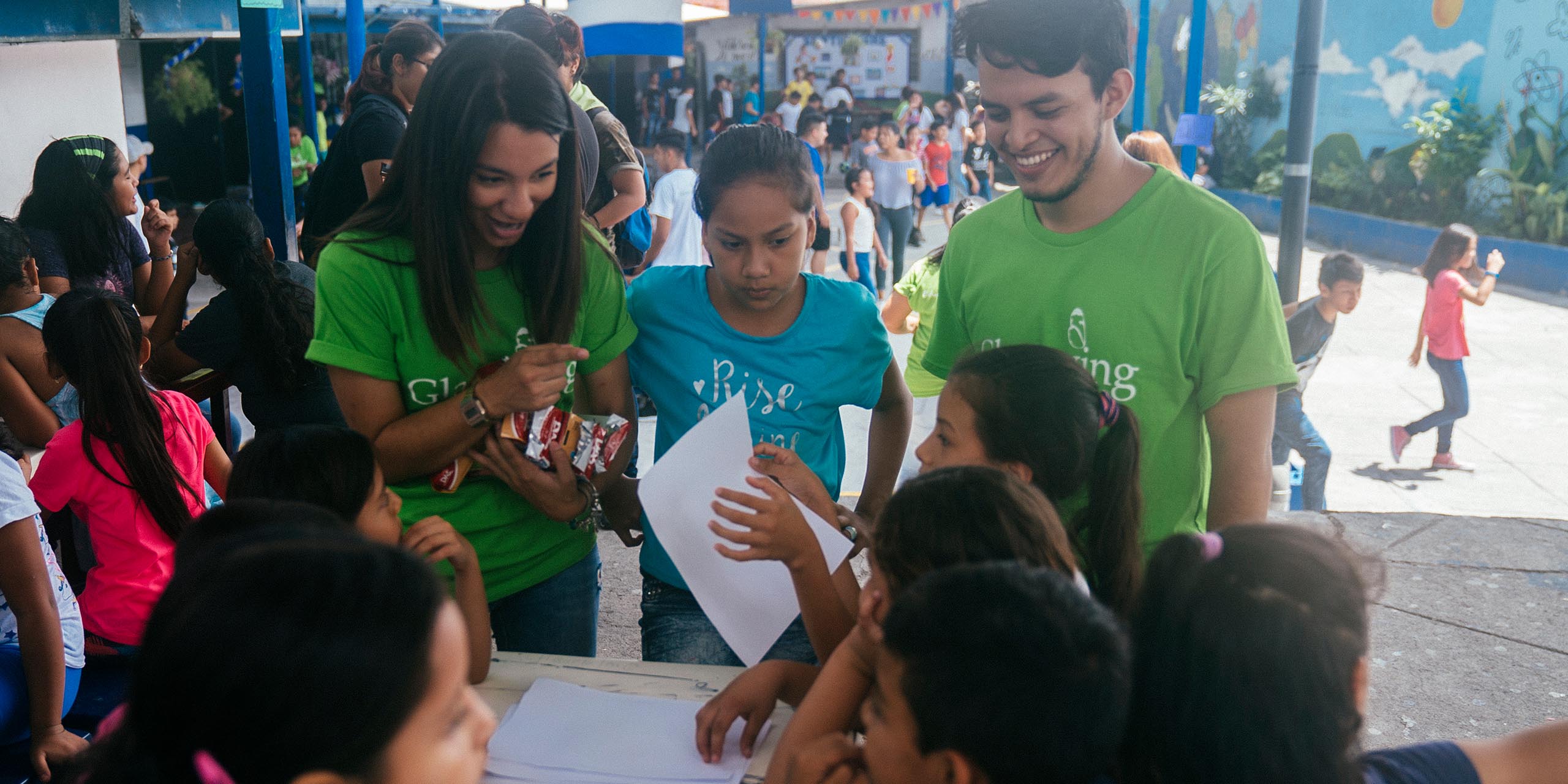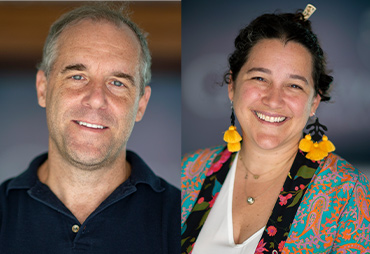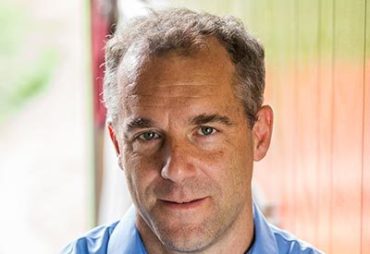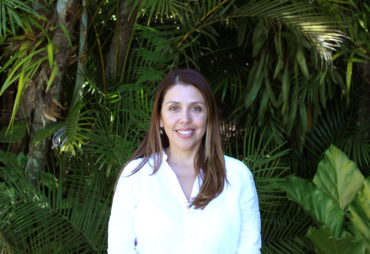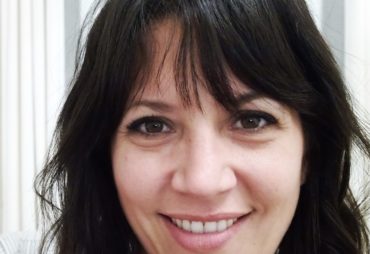In the Northern Triangle of Central America (El Salvador, Guatemala, and Honduras), communities face protracted cycles of violence due to gang-related, intrafamilial, gender-based, and community violence, resulting in some of the highest rates of crime and homicide globally. Compounding this issue are the debilitated public education and health systems, impunity, and a lack of trust in institutions, which create a dynamic that also fuels the current forced migration crisis. Children and youth living in these communities are often those most affected. In the Northern Triangle, one in four schools report being impacted by gangs. Of those young people who join gangs, three out of four do so before their twelfth birthday—making early adolescence a critical window of opportunity for intervention.
Chronic and acute exposure to violence results in trauma, and the most effective way to address trauma is to re-establish healthy, strong social connections. Glasswing International leverages existing community resources—like schools and hospitals—to enable holistic healing and interrupt cycles of violence. It equips public hospital staff and first responders to deliver psycho-social support to victims of trauma. Its primary scaling unit is their Community Schools approach which integrates evidence-based after-school programs focused on life skills development, and non-clinical, community mental health interventions at public schools located in stigmatized and marginalized communities. These volunteer-led programs not only improve students’ academic performance and resilience—while decreasing absenteeism and aggressive behavior—but also create a more restorative community ecosystem and provide safe, positive, alternatives to crime and violence.
Glasswing International is working towards reimagined public education and health systems in the Northern Triangle, Latin America, the Caribbean, and New York City, broadening their mandates beyond the academic and medical, to focus on the needs of the ‘whole’ child. Glasswing sees a future where public schools and health facilities become critical hubs for repairing the social fabric; where communities heal, and violence is not perpetuated; and students believe in themselves, have aspirations for their futures, and thrive as leaders in their communities.
